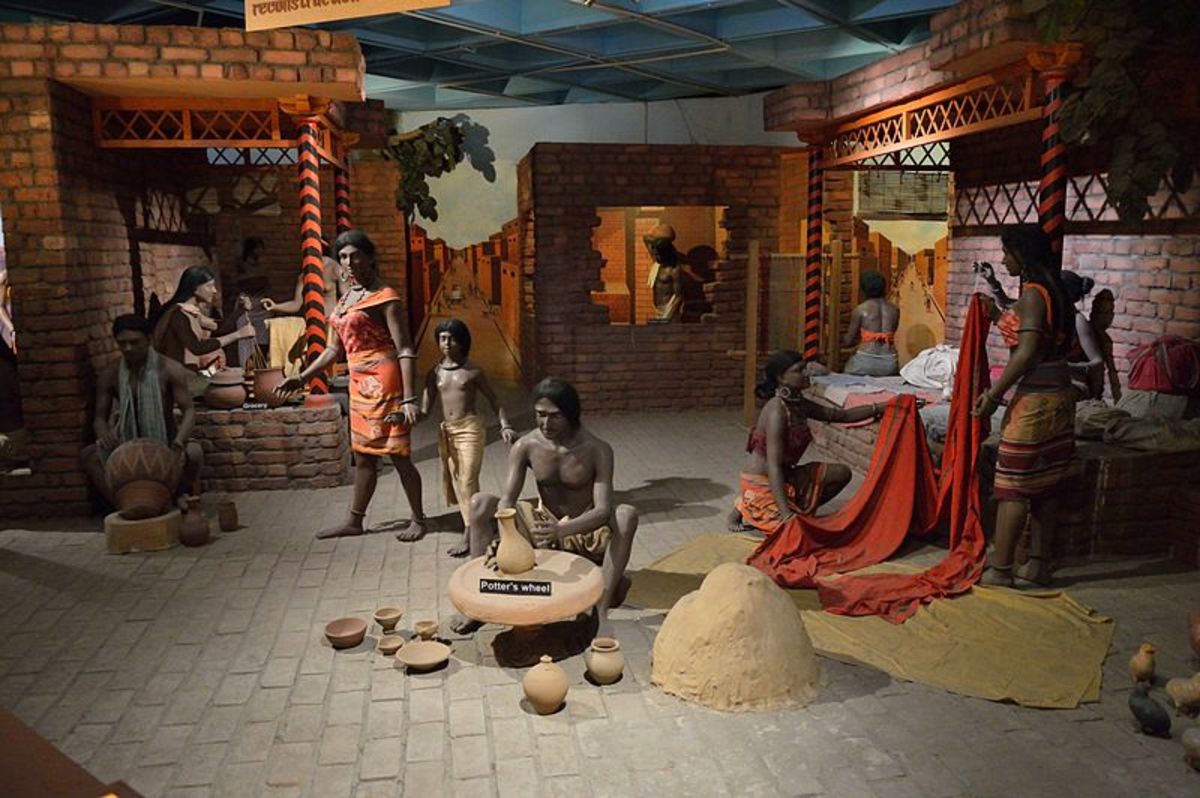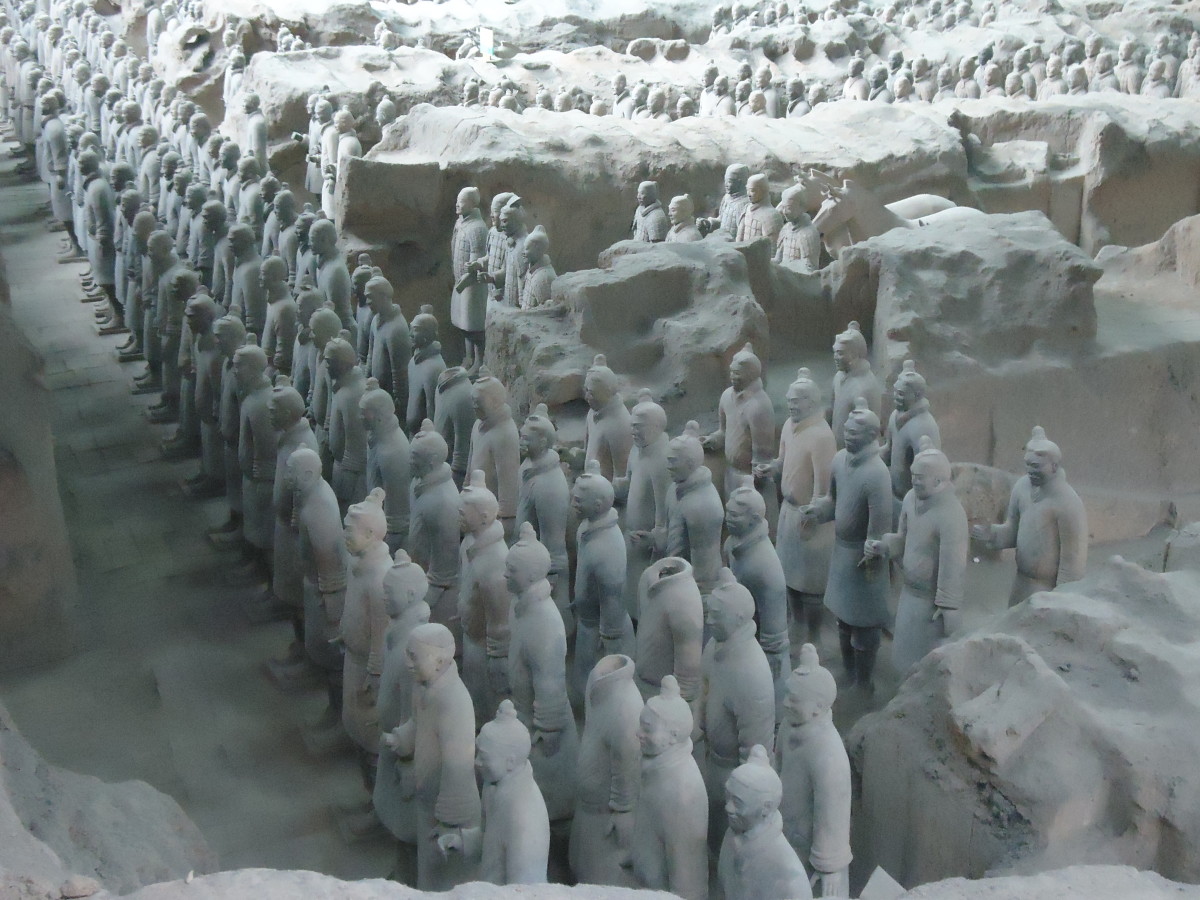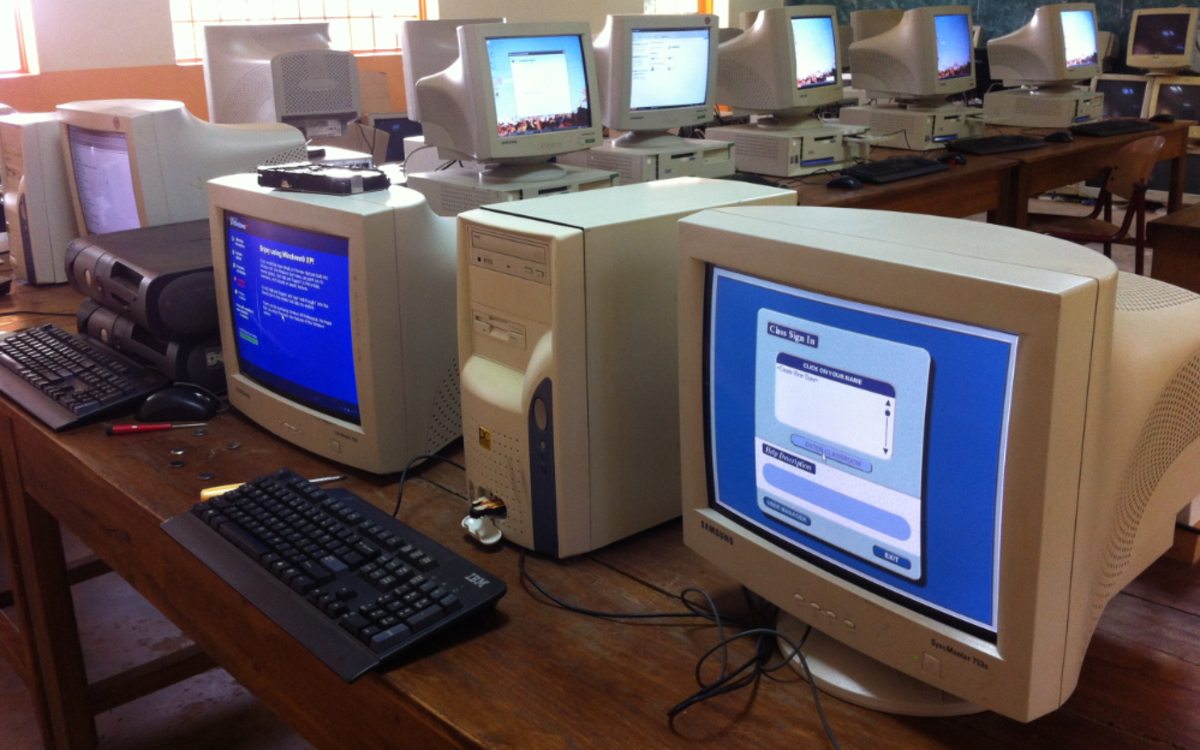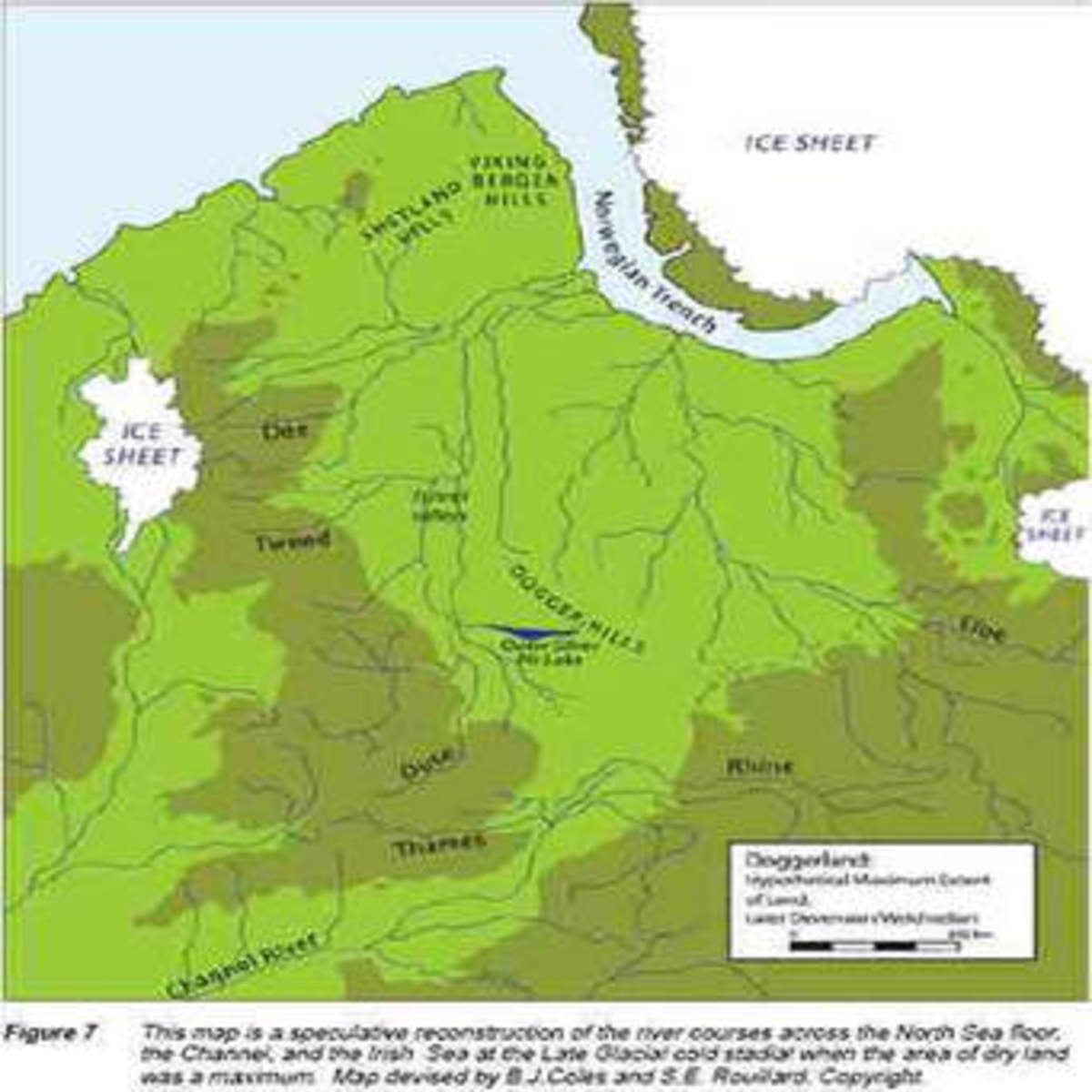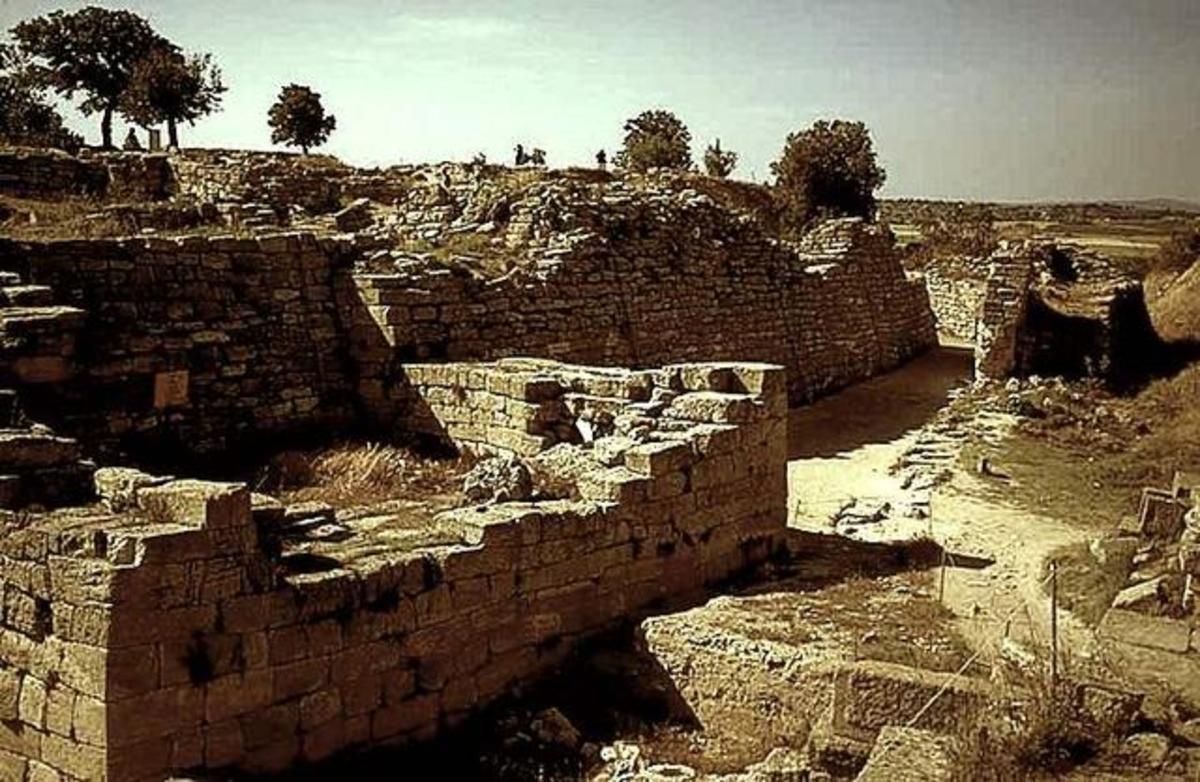- HubPages»
- Education and Science»
- History & Archaeology»
- Major Inventions & Discoveries
Archaeologists of the Future
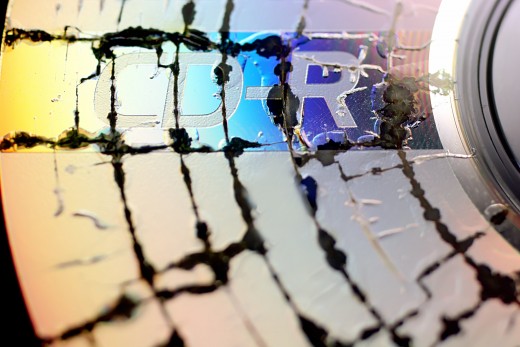
How Fragile Thou Art
As humans, we like to think that we'll be remembered, that archaeologists will dig up part of our life, meticulously piece it together like the fragments of an ancient Grecian urn and marvel at it, saying "This was Bob, a type of human referred to as a car salesman, who owned a dog and wrote poetry between football games" or something to that degree. Most people have probably seen or been an integral part of the creation of a time capsule, and a good deal of people have considered what the archaeologists (or historians) of the future might think when they look back at our time and dictate the nuances of it to students in classrooms. Sometimes we can't help it, we look at something that's gone horribly wrong (or horribly right) in the world, shake our heads, and ask: "What will our great grandchildren say?" Will they see the effort that people like me have made to change things, or will they just see the entire sum of humanity as bad, like the greedy colonists who wiped out the Native Americans, or those who could choose, choosing to drive vehicles with steadily lower fuel efficiency even decades after the first warning signs were issued about global warming.
The answer to that question isn't one that's easy to come by. It's hard to say what historians will make of our time. History is, after all, written by the people in power, and no matter what anyone might try to tell you, it is never immune to bias.
But opinions won't matter in the end, right? There will still be traces of our everyday lives to study and understand and use to clear up any falsehoods, right? Your kindergarten classroom, the city hall, the church down the street- these will all be meticulously dusted out of the relics and studied, won't they?
Well, only if there's a catastrophe of sufficient magnitude to wipe out the human race and, somehow, not damage anything important we might happen to leave behind. But Despite anyone's theories, personal or otherwise, let's come back to this and consider the most likely scenario faced by archaeologists of the future.
First, we have to consider what most archaeological data is really based off of- garbage. That's right, even our ancestors were messy, and picking through the heaps of stripped carcasses they left behind or the stretches of fragments left over from flint napping has taught us a lot about the lifestyles of ancient humans. Only later, and only in the ruins of extinct civilizations do we find actual records preserved (like the Sumerian clay tablets) because there was no-one to take care of them, convert them, destroy them, or otherwise reinhabit the region.
What does this mean? Well, for starters, (and assuming technology and civilization continue to progress without interruption) it means lots of interns digging through landfills centuries from now and analyzing anything and everything that you (or anyone else) has ever thrown in the trash, but with the eye of a scientist. Heck, it's already being done now- more for training purposes than serious historical interest, but the fact is that it has already started. After all, where better to look, if everything else is labeled as "historical" or privately owned or completely paved over and otherwise inaccessible. This brings up the future of something that just might change the work of future archaeologists from garbage-cataloging to something more sanitary- data excavation.

Data Excavation
Software is going to be a tricky one to preserve, especially in the case of older data. Information is produced at an insane rate worldwide (think of all the blog posts, all the forums, all the art, all the image boards) but it's so ephemeral that it's lost almost as quickly as it is produced- and that's not even including the data that's been crowded out by digital obsolescence. Case in point: How much data on wax cylinder has survived to our time and been converted over to a digital format? How much data on early records? How much on 8-track, VHS, BETA, etc? Sure, we'll always have Elvis and Sinatra, as well as the words of poets like Alfred Lord Tennyson recorded with the original Edison equipment, but what about all those other nameless artists and speech-givers whose last audiotape was eaten or recorded over with a grainy feed of Britney Spears? What about all those struggling musicians who worked so hard to get their album to 8-track, only to have it go out of style like last-week's breakfast? Some might say that in this fashion, digital obsolescence is an almost Darwinian force, similar to natural selection, where only the most popular survive.
Luckily, like with the advances in medicine we've achieved over the decades, the odds for survival and growth of any given piece of information are getting better. The internet is an incredible repository for data- it's vast, nearly infinite, limited only by the amount of ones and zeros we can compress into a physical cubic inch, and as we, as a species, continue to see any data, be it blog posts or just random funny photoshops from an imageboard as being more important to preserve, the data available therein will only continue to grow.
In that case, consider the archaeologists of the future as data miners. Digging through blogs and emails caught in the darker recesses of the internet might some day prove to be just the thing to unearth the facts needed to shake up the views of historians that look back on our time and reach whatever far-off conclusions they might be inclined to make about our society, our culture, and even our world as a whole. The possibilities for centuries old blogs are endless- consider the impact the ramblings of a madman might have on our world today if they were uncovered engraved in an ancient clay tablet long forgotten in the bosom of Sumer. Just because it's ancient doesn't mean it's gospel, right?
But is it really that simple? Now that the tendrils of the internet reach to almost every corner of the globe and information is archived as if it were everything but sacred, will archaeologists finally be able to look back and see the whole story without having to guess or draw assumptions? Maybe, but only in the best case scenario. We are a great civilization, but great civilizations have fallen before, and the data we hold so dear is so ephemeral that it is almost as fragile as the ancient Grecian urn mentioned at the beginning of this piece.
Consider the effects of, say for example, a nuclear exchange. Sure, the cold war is a thing of the past, but since the invention of the atom bomb, it has been another formidable and very real doomsday threat hanging over our heads. Unlike other disaster-causers, though, nuclear weapons are especially dangerous to data in that they generate electromagnetic pulses (EMP) which can literally fry electronics and make any data contained therein irretrievable well beyond the blast radius of the weapon itself. Since the internet is kept functional by hardware, (and isn't just a "series of tubes" that just "exist out there") this could even mean a collapse of the internet, making data retrieval that much more difficult. Of course, entrepreneurs have already seen a market in this, and complete protection from electromagnetic pulses may be a technological advance totally taken for granted within the timeframe of our lifetimes, so this threat is questionable at best.
Which brings us back to the catastrophic, fall-of-our-grand-civilization discussion. Barring the unlikely event of total planetary obliteration, what might be left for future archaeologists to find? It's difficult to say for certain- there are just too many factors to consider. First and foremost, we have to consider the method: that is, what could cause civilization to collapse utterly again? Then- consider the time frame: how long will the ruins sit exposed to the elements before they are uncovered again? Paper and hide (i.e. leather) only last so long, so barring the occasional steel tablet inscribed with the questionable words of someone who already expects the end of the world to come, knowledge itself might be hard to come by. Long term storage of data is even questionable- would it last? Could it be recovered? Again, it's difficult to say. Our storage methods are still so new (comparatively,) and evolving every day, but when older compact discs burned from a computer start to "forget" files or simply cease to function after ten or more years, the outcome is questionable to say the least.
This leaves a lot of room for debate- few things are foggier than trying to predict the thoughts and opinions of people who haven't even been born yet, especially when the landscape of crawling time between us and them is so vast and full of potential, both good and bad. It's difficult to say what the future will bring, whether the world might fall apart tomorrow or persist on into eternity, but self-preservation is a very human instinct, and the more time we have to advance and be human, the more we'll produce that can be found and studied by the archaeologists of the future, whenever they may come.



